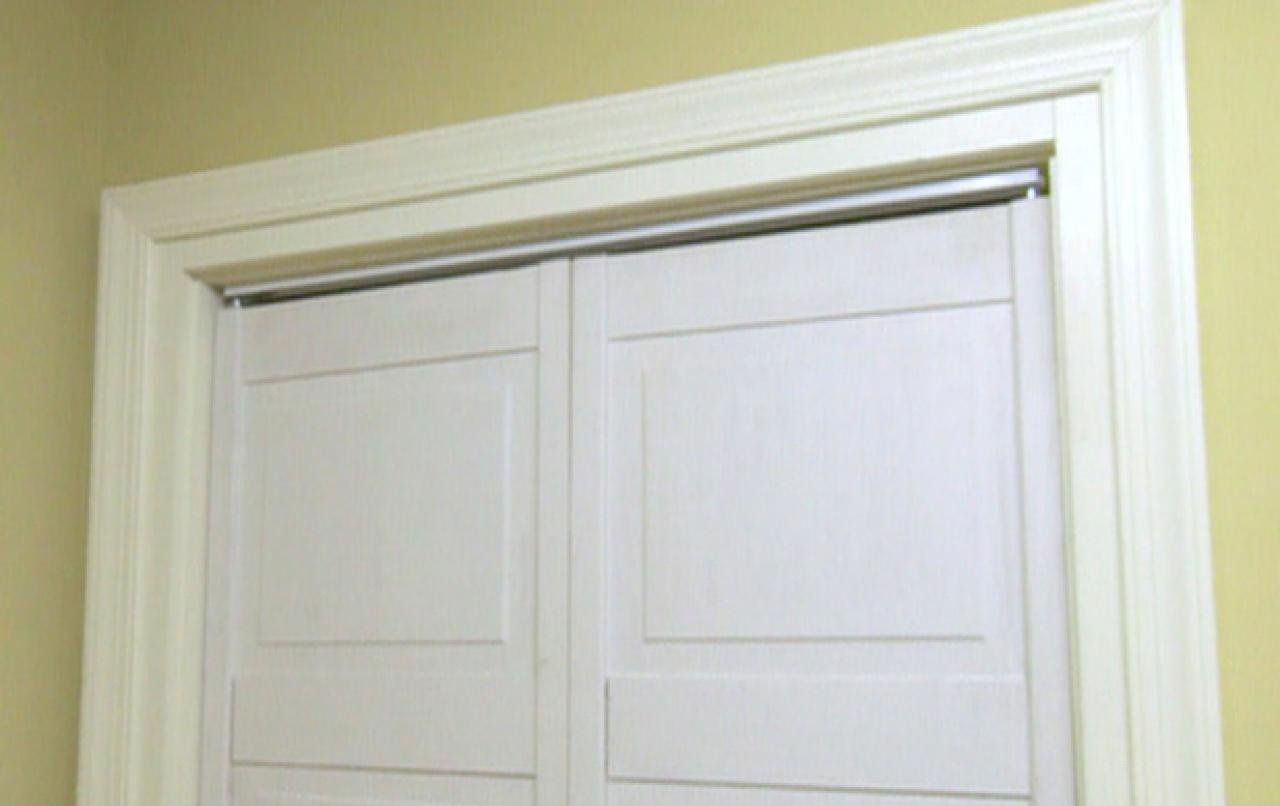Unauthorized roommates and subletting
When it comes to unauthorized subletting, the buck stops with the landlord or their agent.
If you ask us, the potential pitfalls of allowing subletting outweigh the benefits of these hybrid agreements. As a standard practice, our leases expressly prohibits subletting, with good reason - the property owners we count as clients want to maintain control over the unit. A revolving door of occupants and roommates creates confusion as to who is responsible for what, when rent can be raised, and how to legally transition tenants/occupants out.
Without an ironclad lease that bans subletting, landlording can become a game of musical chairs to the point where the owner does not even know who is residing in their unit.
We also don’t know the new person sitting in the chair. Although the original tenant has survived a thorough credit, criminal and background check, the replacement tenant has not. You can find that even if money is flowing in at first, the spickets can dry up. Worse yet, you can find that money discouraged when the subtenant causes damage to your property or even engages in criminal activity.
Consequences for the tenant
If the tenant elects to ignore the clause in the lease that prohibits subletting, this is traditionally a “just cause” for eviction - renters cannot sublet their apartment or separate rooms without the express permission of their landlord.
With proper notice, the subletters themselves can be evicted. If a judgment is obtained against the tenant who decides to sublet all or a portion of the apartment in violation of the lease, it will create a stain on his or her credit report and this can be a powerful disincentive to avoid this prohibited practice.
The prospect of blemished credit is especially compelling for educated, tech-savvy workers with upward mobility who likely value their credit standing and future ability to get loans.
Although landlords can put a stop to subletting by explicitly banning it in the lease agreement, San Francisco is a bit more permissive by giving tenants more leeway to make ends meet. The city allows roommates to be added or replaced, but it places conditions on this - tenants do not have free reign.
Tenants looking to do some shuffling or additions are required to first seek landlord permission in writing and then, the landlord has a 14-day window to accept or deny the subtenant who is being proposed. Should the landlord have reservations about the incoming subtenant, the denial must state reasonable justifications for denying the person in question. These might include falsified or insufficient information provided to the landlord, poor credit of the applicant, or perhaps the would-be subtenant poses a danger to other people living onsite.
If all of this sounds intimidating, please rest assured we have a solid grip on the rules and you should know that our broker of record,
Daniel Bornstein, is an experienced landlord attorney who can resolve any quandaries and ensure owners remain the king of their castle.
Parting thoughts
One of the consequences of a free society is that renters can move freely, but we also have enforceable contracts. At Bay Property Group, our strong bias is not in enforcement, but accommodating renters, and we take great pride in our success of making tenants happy while helping our clients realize the full potential of their investment properties.
Share this post














